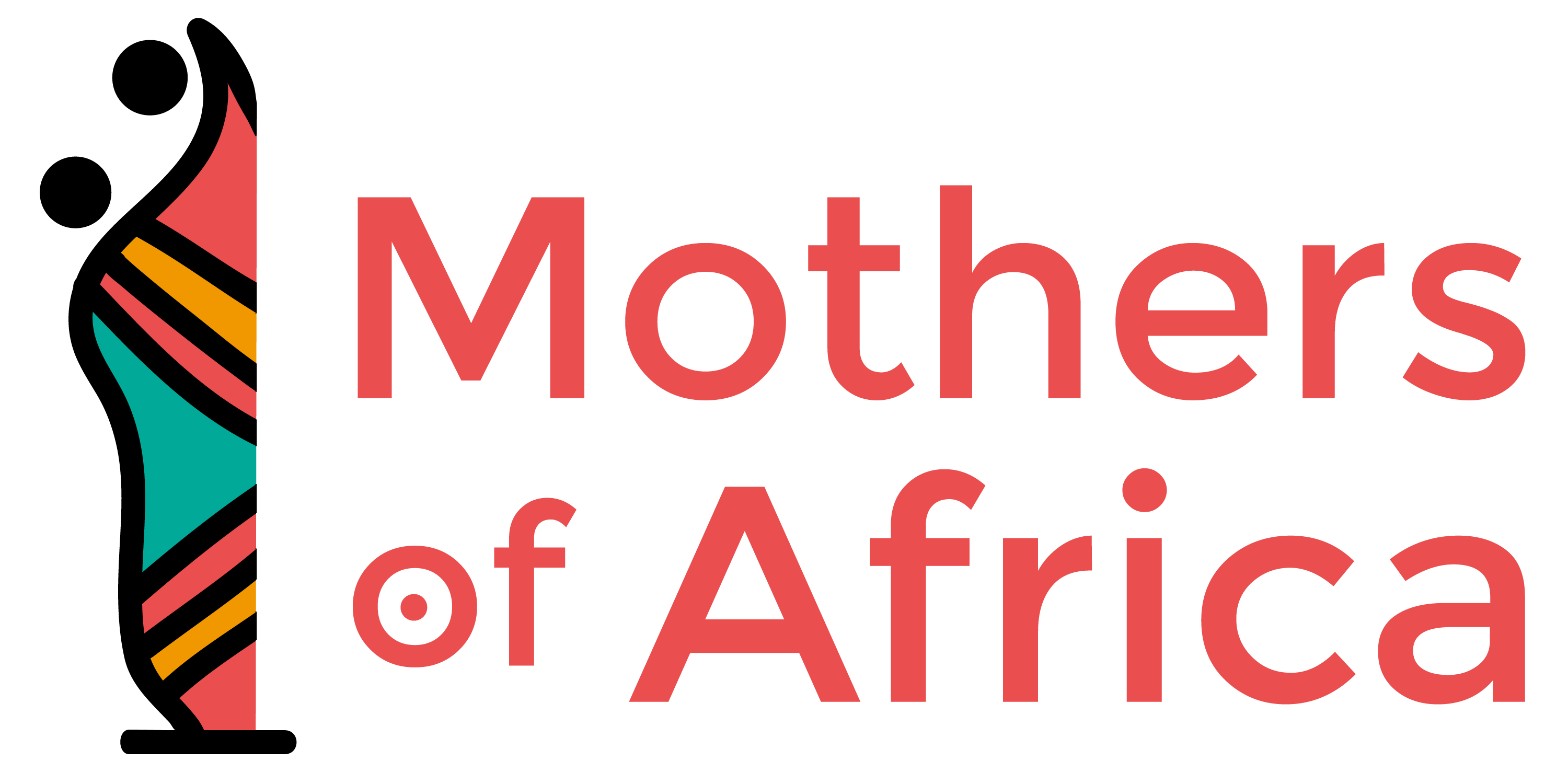Building ‘a tree with leaves’
- Paul Crompton

- Apr 20, 2018
- 3 min read
Updated: Aug 22, 2018

It’s just 6:30, on a cold Zambian morning, as the small flatbed truck reverses up to the door of the building merchant in Chongwe town. Our seven Mothers of Africa volunteers alight and twenty 50kg bags of Portland cement are literally thrown onto the truck. Orkidstudio’s Jaime Velasco pays the bill and the volunteers, from Cardiff University, climb back on board, this time sitting on the warm bags of cement. As the sun rises over the town, the truck joins the Great East Road and heads for the village of Shiyala. Just after crossing the Chongwe river the truck takes a left turn and joins the dirt road for the 6km run to the village. The road is rough, with three riverbeds to negotiate and hills to climb and descend before arriving at Shiyala and its new school.
It is a wonderful sight; busy with children arriving for their 7am start to the school day; village workers, equal numbers of men and women, preparing for their day, building an extension to the school they built last year: their school for their children.
When I visited the site in June 2016, with Mothers of Africa founder Judith Hall; Andrew Perkins, from architect/builders Orkidstudio and Chongwe District Hospital’s medical director Job Mwanza, we surveyed two derelict buildings, one with no floor or roof, just a skeleton of brick walls framing tall grasses and trees. That was before the site was transformed through the hard manual labour of these proud people, working under the direction of Andrew and with the funds provided by the generous supporters of Mothers of Africa.
The original school was designated as a ‘community school’, not adopted by the Government, but run by unpaid, untrained volunteer teachers from the community. Following last years build the school was officially handed over to the Chongwe’s district education board in December 2016, when it had 140+ children on its roll; today it has 340+ learners from reception to grade 8, and six salaried, Zambian-trained teaching staff and two volunteer teachers.
And now we are back to erect another three classrooms and disabled-access toilet block, with Jaime from Orkidstudio, two architecture interns and more volunteers from the UK. The volunteers work hand-in-hand with the villagers, sharing meals and learning from each other: a life enhancing experience for all of them.
Why was building this school important to a charity dedicated to reducing maternal mortality? On my last visit to Chongwe, I interviewed Dr Christabel Mbzüa, a senior resident medical officer at the hospital. She detailed, with graphic illustrations, the issues women face giving birth, particularly in the culture of rural Zambia. She told me that many girls never progress beyond grade 2 in their education, married off for a ‘bride price’ on the promise of a better life for themselves and their families. The girls quickly becoming pregnant in their teens, before their bodies are mature enough to manage childbirth.
Cultural change is a slow process but Dr Mbzüa believes education is vital in empowering girls. Providing them with an education gives them the opportunity to make decisions for themselves.
Many of the families, in the widely dispersed community of subsistence farmers that make up the village of Shiyala, agree. They started their community school under the shade the tree that proudly sits in the centre of the school playground. Building their own school, with support from Mothers of Africa, is evidence of their desire to change that culture. As Yvonne Teke, one of the village builders, put it: “Without education, it’s nothing; like a tree without leaves”.
Paul Crompton - April 20th 2018














Lovely inspiring Article